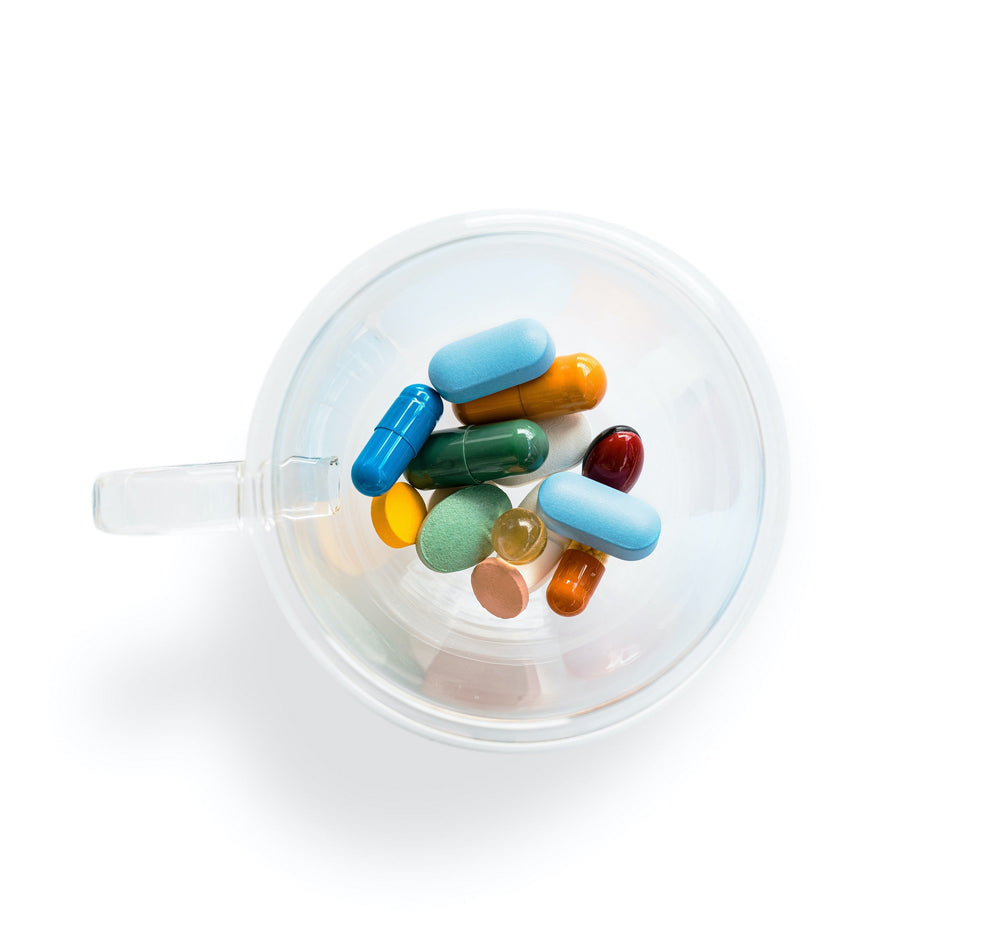News
Healthy Greens or Vitamin Supplements?

Supplements as a quick fix?
Did you know that, in the US alone, the food supplement industry was worth $42.6 billion in 2019? More than ever before, dietary supplements are marketed as a convenient, over-the-counter way to modify our nutritional needs. But this does not paint the whole picture.
While it can be beneficial (and certainly convenient) to take vitamin supplements, they are not without their risks. Particular supplements (or combinations of particular supplements), can be risky for some people with health complications. Taking too much of a certain supplement can also lead to toxicity symptoms. Before deciding to take supplements, it’s really important to listen to your doctor’s advice about which supplements could potentially be harmful or beneficial for you.

It’s also important to remember that supplements are called ‘supplements’ with good reason. As Dr Eliza Chakravarty of the Oklahoma Medical Research Foundation points out: “Nothing replaces a healthy diet. Some people think that if they just take a multivitamin every day, then they can have chips and soda or whatever. But actually the best way to get your vitamins and nutrients is through a healthy diet.” Nuts, grains, healthy fats, fruits and vegetables are still the staples of a wholesome diet. The greater the variety of such wholesome foods on your plate, the healthier your meal is.
Prioritising a healthy diet ahead of supplements
If supplements contain the same vitamins and minerals that you find in food, why is eating wholesome foods still the better option? A big reason is that supplements are only extracts of nutritional components that make up a healthy diet. Supplements aren’t able to replicate all the nutrients and benefits of wholesome, unprocessed foods. Dr Chakravarty describes it this way: “The trace elements that are part of natural foods aren’t contained in supplements. They simply can’t replicate the wide array of benefits and nutrients of real foods and the fiber and other vitamins they contain.”
Green vegetables and herbs are one of the best natural sources of vitamins and minerals. Dark green vegetables, in particular, are very efficient in covering micronutrient and antioxidant deficiencies. According to USDA recommendations, an adult’s weekly diet should include 1.5 cups of any dark green vegetable and 4 cups of other green vegetables. With a self-growing Click & Grow indoor garden, it’s possible for anyone to grow 100% fresh greens at home with no previous experience at all. By growing and harvesting plant pods in rotation in an indoor garden, you can grow the recommended amount of greens at home.
Over a century ago, Thomas Edison said, “The doctor of the future will no longer treat the human frame with drugs, but rather will cure and prevent disease with nutrition.” Today, it’s fair to say there’s a lot of truth in those words. If you’ve always wanted to grow your own vitamin rich food at home, free from additives, why not start today? It could be one of the healthiest decisions you make. Learn more about how easy and beneficial it is to use indoor gardens for growing food here.
For further reading, check out our blog posts:
Growing Greens for the First Time
The 5 Best Click & Grow Plants for Increasing Your Vitamin Intake
5 Tasty Iron-Packed Plants You Can Grow Indoors
Your stress-free way to grow vitamin rich plants 365 days a year

